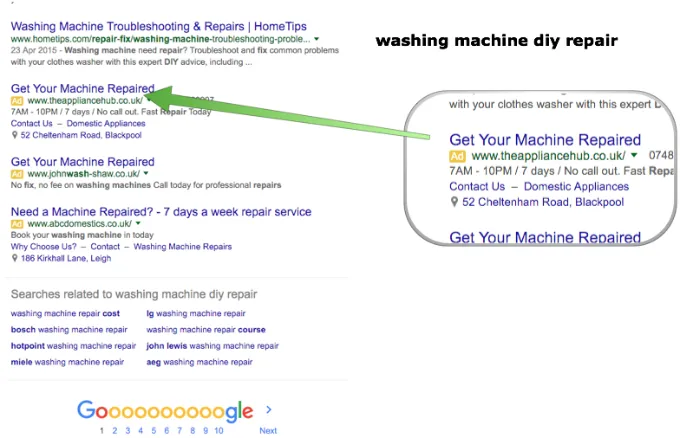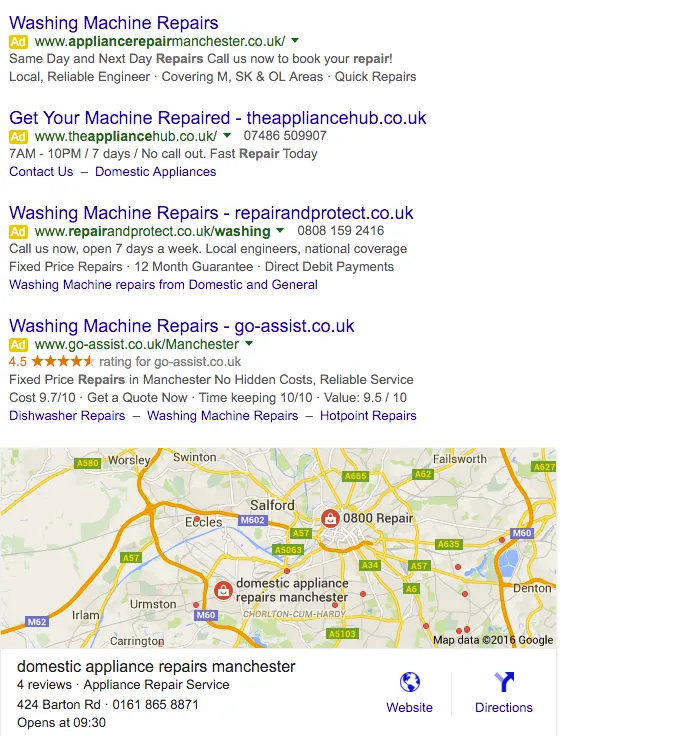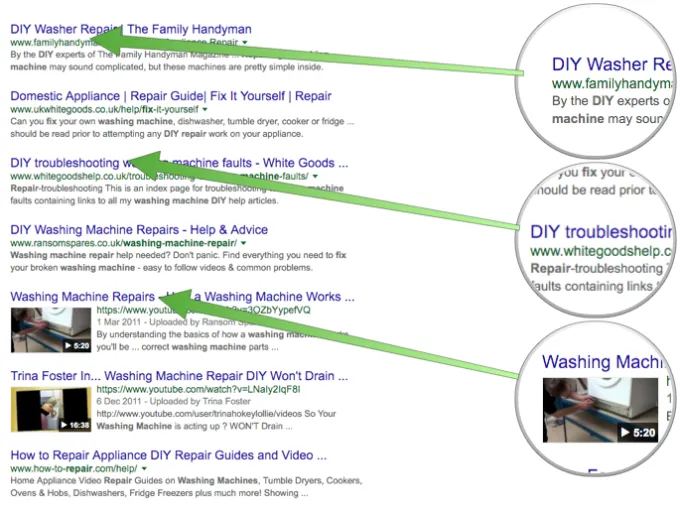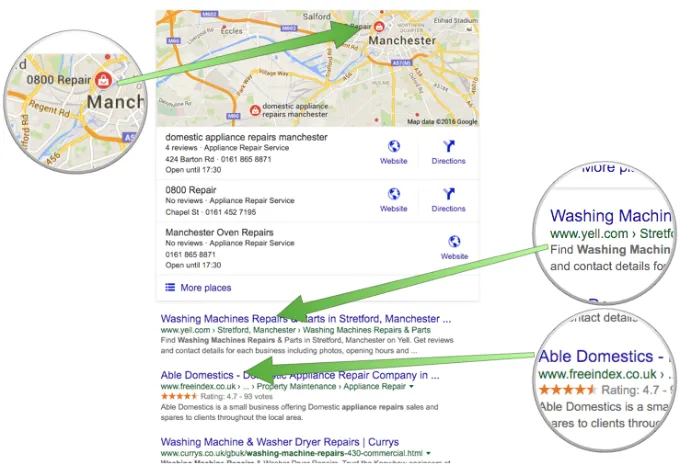read
In this article we’re going to focus on keyword research and within keyword research the topic of niche keywords. The art of drilling down through performance and through the data to find the keywords that deliver the best results.
Since When Did Cheap Mean Good?
With an industry obsessed with ‘cheap’ keywords you’d be forgiven for thinking that cheap was a good thing. And at face value cheap might make good sense, after all, if you can keep your costs low, theoretically you can keep your profits high.
There’s another reason that PPC managers and bosses like cheap keywords too. A selfish one. Bosses loving the idea of a bargain (who doesn’t loves a bargain?) and PPC managers the idea of being seen to be ultra insightful. ‘How clever you are!’ their bosses coo! ‘Outsmarting, outflanking the foolish competition with your great find’.
It’s natural that a cheap keyword glistens and glimmers. All that lovely low CPC.
As they say though…. all that glistens.
So let’s take a closer look. Let’s see if we can spot what’s really going on and why you shouldn’t blindly trust niche keyword research tools .
Niche Keyword Tools – are Fools… Sometimes
Niche keyword tools, bless ‘em, will of course base their recommendations on your core keyword.
If you want to be found for ‘washing machine’ keyword tools will automatically try to find extended keywords phrases that include your core keyword – ‘washing machine’ in this case.
Not only will each new bid cost less than your main term your tool will also identify terms with sufficient searches to be viable as a target. Fair enough. Lower bids means lower CPC. Decent search volumes mean decent traffic. Combined that ought to mean a nice healthy ROI.
Or does it?
Let’s stop for a moment and consider a couple of important matters.
One – The lack of your competitors in that space.
Two – The genuine reasons behind that lower price.
I refer you back to the previous question – since when did cheap mean good?
Ever bought something that was very cheap? That seemed like a bargain only for it to break in no time at all. Of course you have. We all have. Cheap is as seductive as it is risky.
Let’s take a closer look.
That ‘washing machine’ example. Hardly the most riveting of subjects (unless you’ve a thing for washing machines) but certainly a popular term – 135.000 UK searches and a CPC of £1 providing plenty of data for us to analyse and for me to make my point.
Here are the related terms that a ‘niche keyword tool’ gives us:
washing machine – repair
washing machine – parts
washing machine – whirlpool
washing machine – maytag
washing machine – water
washing machine – load
washing machine – manual
washing machine – drain
washing machine – spin
etc.
Okay let’s see what niches we got back for ‘repair’:
‘washing machine repair do it yourself’ and ‘washing machine diy repair’.
Hmmmm, thinking what I’m thinking?
Hardly an ideal audience to target – people wanting to fix their own washing machines, rather than those looking for a repair service or even better (if your objective is to sell washing machines) people who want to buy a new one.
Let’s cross reference this with the Google results.
Here are the results for ‘washing machine diy repair’ (one ad on the top three on the bottom)

these are the results for ‘washing machine repair’ (four ad on the top):

So what are these returns telling us?
Firstly, that for ‘washing machine diy repair’ only four advertisers consider it a term worth advertising for. See the one ad on the top with all other ads on the bottom. It’s a clear sign that advertisers have concluded that the term simply isn’t viable and have chosen to not use that specific keyword phrase.
For the ‘diy’ keyword there’s no map. And as you can see the organic listing is totally different to the paid listing.
The ‘diy’ keyword includes youtube video, forums and guide pages. Such a wide range of types of page returned often a tell tale sign that your paid ads are wrongly targeted.
Organic results for ‘washing machine diy repair’:

Organic results for ‘washing machine repair’:

Conclusion?
This is not a good niche. In fact it’s a negative keyword phrase. A keyword phrase that that should be blocked so you don’t go wasting a stack of cash chasing worthless rankings. and that’s why it’s cheap. Because nobody, but nobody (except for you if you’ve got money to waste) wants to pay for the traffic it generates.
More proof.
Let’s see another niche topic:drain.
Maybe we’ll have better luck with drain related terms. Fingers crossed we can find a nice juicy profitable niche worth to bid for.
So here are the keyword phrases:
drain washing machine
whirlpool washing machine wont drain
troubleshooting a washing machine that will not drain
washing machine drain clogged
Hmmmm, again, at face value none of these seem like a worthwhile opportunity. These expressions relate to problems. People using them are not in the buying funnel for anything. If you check the Google results for these queries you won’t find any ads there, just how-to pages, forums and Youtube videos.
So…? Still think those keywords will make you money?
5 Ways To Avoid Bad Niche Keywords
Bad keywords can quickly drain your PPC budget. Despite how attractive a keyword or keyword phrase might appear take nothing for granted, especially when a phrase has been recommended by a nice keyword tool.
Here are some of the all important signs to look out for. Profitable insights to help you avoid the disappointment and the cost of directing your budgets in completely the wrong directions.
1. Cheap keywords – are cheap for a reason. Maybe you’ve spotted a bargain, more likely you’ve spotted a waste of time and money. 99.9% of the time cheap keywords are cheap because no one wants to bid for them.
2. Keywords where no other ads are shown – be suspicious.
3. Keywords which refer to a problem/faulty with a product not about the product itself – not a sales funnel type audience.
4. An organic listing that returns forums, diy and ‘how to’ pages, diy Youtube video – again, not a sales funnel audience.
5. Keywords and phrases that don’t make sense, strike you as unnatural use of language or seem an illogical way for people to search for a product or service.
I’ve said it time and again, but because so many people continually fall for the cheap keyword trick, it bears repeating. Don’t be fooled by the price of a keyword. Don’t be seduced. Don’t be lured into the trap of throwing good money at bad audiences.


![AI Advertising in 2025: Real ROI vs Expensive Hype [Guide]](/_ipx/f_webp/img/blog/blog-ai-in-the-advertising-space.jpg)
